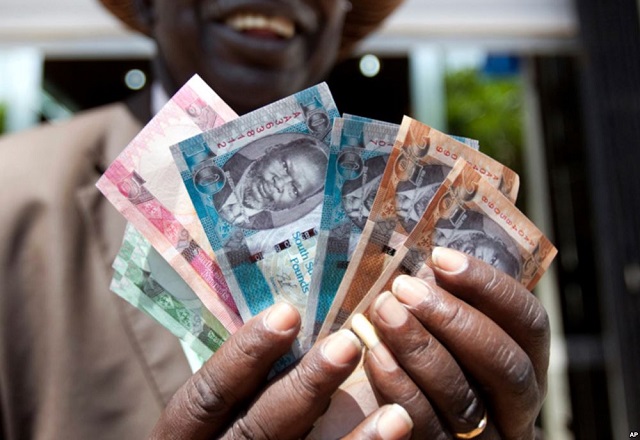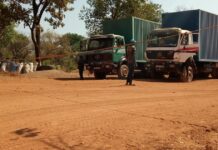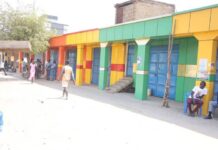An economist and lecturer at the University of Bahr el Ghazal, Awet Dominic Batista, is urging both the government and the citizens of South Sudan to adopt creative and innovative approaches to mitigate the country’s ongoing economic crisis.
Batista emphasized that South Sudan’s overwhelming reliance on oil exports—responsible for nearly 90% of its national budget—has left the country vulnerable to external shocks, particularly fluctuations in global oil prices.
The declining prices, he explained, have severely impacted South Sudan’s financial stability, making it necessary for the government to rethink its economic strategies to avoid further economic hardship.
Batista recommended that both the government and the public take a more proactive role in addressing the economic challenges facing the country.
He stressed that creativity, innovation, and vigilance are essential in finding sustainable solutions to the crisis.
According to Batista, the government should explore and invest in sectors beyond oil, such as agriculture, technology, and manufacturing, to diversify the economy and create new streams of revenue.
By focusing on sectors that tap into the nation’s existing resources, South Sudan could reduce its dependence on oil and build a more resilient economy that can better withstand external market fluctuations.
He believes that long-term economic planning and investment in these alternative sectors could substantially improve the country’s prospects and lead to more sustainable economic growth.





